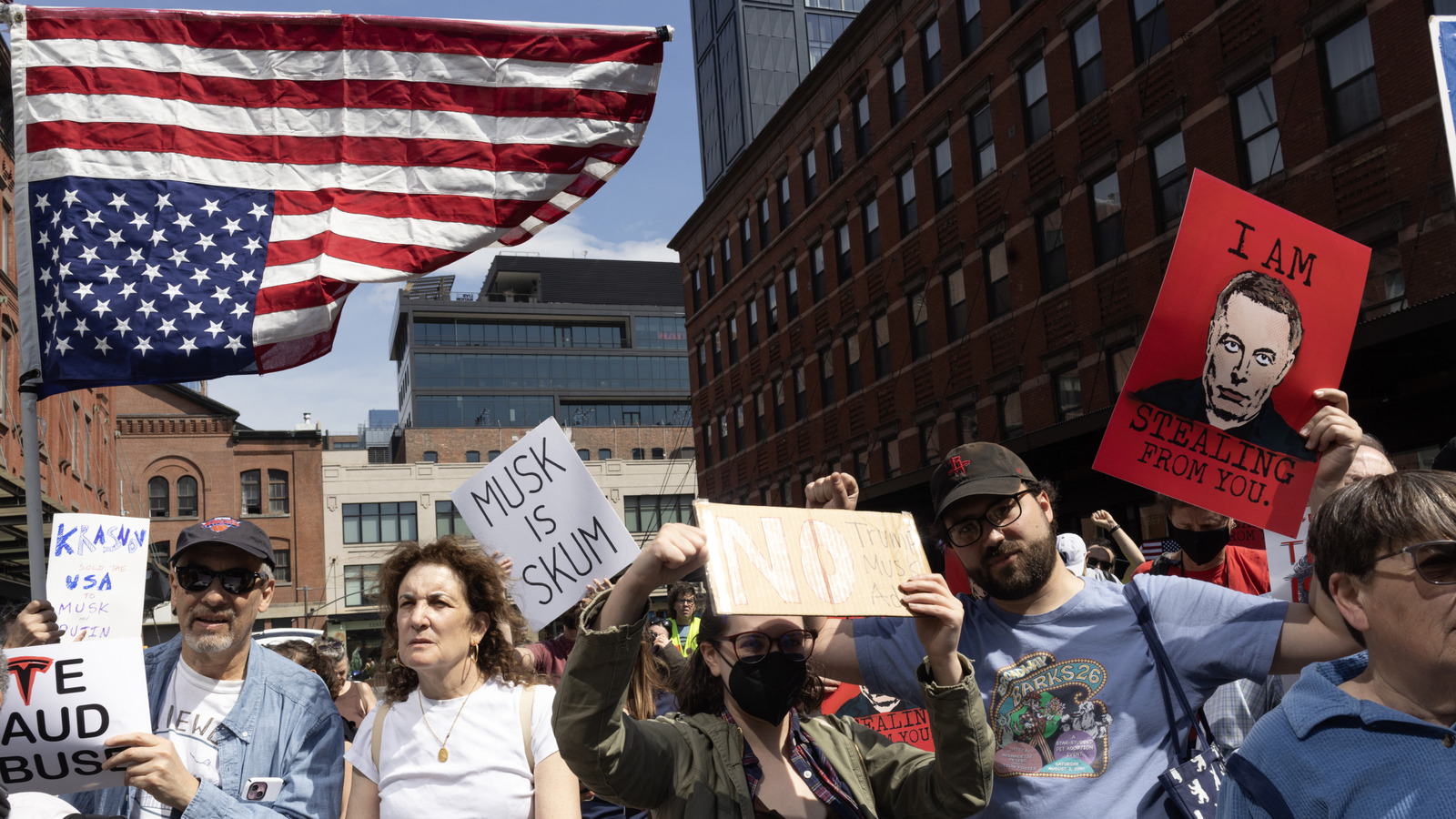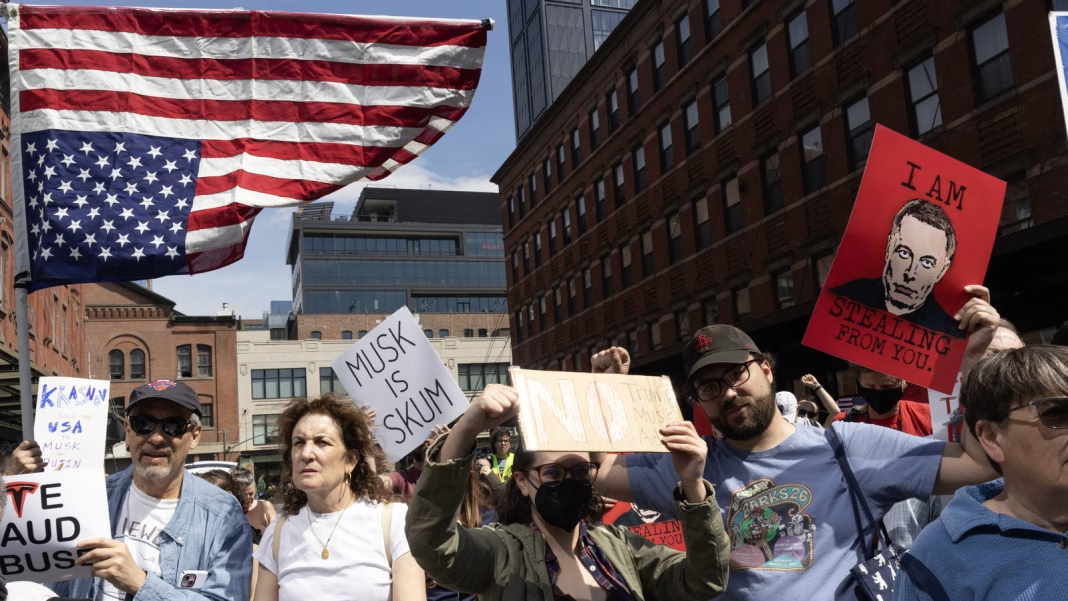Elon Musk and Tesla have long been synonymous with innovation and disruption in the automotive industry. However, recent trends indicate that public sentiment is shifting. A growing number of Americans are expressing negative opinions about both Musk and his electric vehicle company. What’s behind this change, and what does it mean for the future of Tesla?
Why Are Opinions Shifting?
Several factors contribute to the changing perceptions of Musk and Tesla. For starters, Musk’s high-profile behavior on social media has often sparked controversy. His tweets can range from insightful to incendiary, and many people are starting to feel that his antics overshadow the groundbreaking work Tesla has done in electric vehicles. This shift in focus can lead to a perception that the brand is more about its founder’s personality than its products.
Additionally, as Tesla has grown, so have the expectations. Early adopters who once celebrated the brand’s pioneering spirit are now more critical, especially as competitors enter the electric vehicle market. With traditional automakers ramping up their EV offerings, some consumers are beginning to question whether Tesla can maintain its edge. Reports of production delays and quality control issues have further fueled skepticism.
The Impact of Competition
Speaking of competition, the landscape is changing rapidly. Companies like Ford, GM, and Rivian are not just dipping their toes into the electric vehicle pool; they’re making significant waves. Ford’s Mustang Mach-E and the upcoming electric F-150 Lightning have garnered positive reviews, while GM’s commitment to an all-electric future is becoming more tangible. As these brands gain traction, Tesla’s once-unassailable position is being tested.
This competitive pressure can lead to a broader conversation about consumer loyalty. Many buyers are now weighing their options more carefully, considering factors like brand reputation, customer service, and vehicle performance. If Tesla’s perceived quality issues continue, it could lead to a decline in customer loyalty, especially among those who once viewed the brand as a must-have.
What About the Brand’s Image?
Tesla’s image has also taken a hit due to its handling of various controversies, from labor practices to Musk’s comments on COVID-19. These issues have raised eyebrows and led some consumers to question whether they want to support a company that doesn’t align with their values. The disconnect between Musk’s public persona and the brand’s mission can create a rift, making it harder for some consumers to feel good about their purchase.
Moreover, the environmental impact of electric vehicles is a hot topic. While Tesla has positioned itself as a leader in sustainability, the broader conversation about battery production and recycling is becoming more prominent. Consumers are increasingly aware of the entire lifecycle of the products they buy, and any negative perceptions about environmental practices can influence their purchasing decisions.
What Lies Ahead for Tesla?
So, what does the future hold for Tesla and Musk? The company has a strong foundation and a loyal customer base, but it needs to navigate these challenges carefully. Addressing quality control issues, improving customer service, and maintaining a focus on innovation will be crucial. Additionally, fostering a positive brand image that resonates with consumers’ values could help regain trust.
The big takeaway? Public perception isn’t static; it evolves. Tesla and Musk face a pivotal moment where they can either adapt and thrive or risk losing their edge. As consumers become more discerning, the challenge will be to balance innovation with accountability. Start with one change this week, and you’ll likely spot the difference by month’s end.


